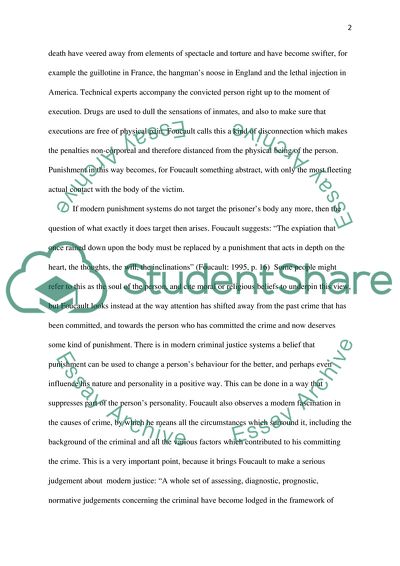Cite this document
(The Body of the Condemned by Michael Foucault Book Report/Review, n.d.)
The Body of the Condemned by Michael Foucault Book Report/Review. https://studentshare.org/history/1748186-cj3book-review-the-body-of-the-condemned
The Body of the Condemned by Michael Foucault Book Report/Review. https://studentshare.org/history/1748186-cj3book-review-the-body-of-the-condemned
(The Body of the Condemned by Michael Foucault Book Report/Review)
The Body of the Condemned by Michael Foucault Book Report/Review. https://studentshare.org/history/1748186-cj3book-review-the-body-of-the-condemned.
The Body of the Condemned by Michael Foucault Book Report/Review. https://studentshare.org/history/1748186-cj3book-review-the-body-of-the-condemned.
“The Body of the Condemned by Michael Foucault Book Report/Review”. https://studentshare.org/history/1748186-cj3book-review-the-body-of-the-condemned.


